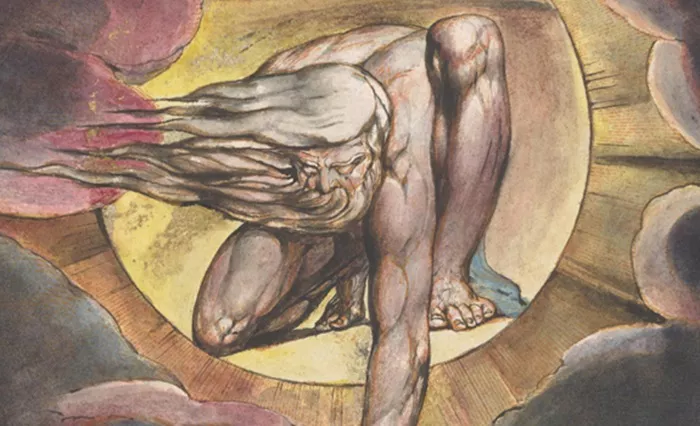Welcome to Poem of the Day – Preludium to Europe by William Blake.
William Blake, a poet, painter, and printmaker, is often hailed as one of the most influential figures in English literature. His work, which blends profound spiritual insights with social commentary, is revered for its visionary quality and bold critique of societal norms. One of Blake’s lesser-known pieces, “Preludium to Europe,” serves as a prelude to a larger work that explores themes of revolution, oppression, and the divine. This article seeks to explain the meaning and significance of “Preludium to Europe,” providing clarity on its imagery, tone, and themes.
Preludium to Europe Explanation
Overview of the Poem
“Preludium to Europe” is a brief yet striking piece that introduces the reader to the complex themes that will unfold in Blake’s larger work, Europe: A Prophecy. The poem sets the stage for Blake’s exploration of Europe’s political and spiritual landscape during the late 18th century. Written in the context of the French Revolution and the broader upheavals occurring across Europe, the poem reflects Blake’s concern with human freedom, the nature of oppression, and the pursuit of spiritual truth.
The Tone of the Poem
The tone of “Preludium to Europe” is both prophetic and urgent. Blake’s writing in this poem feels like a call to arms—a summoning of readers to pay attention to the turmoil of the world around them. The language is intense, and the tone conveys a sense of immediate crisis, setting the stage for the larger themes of struggle and liberation found throughout Blake’s Europe: A Prophecy. There is also a spiritual undercurrent in the tone, as Blake connects the physical revolution with divine and cosmic change.
Imagery and Symbolism
Blake’s imagery in “Preludium to Europe” is vivid and rich, as he often draws on symbols of light and darkness, heaven and earth, to explore the tensions between spiritual purity and earthly corruption. In the poem, Blake contrasts the divine realm with the oppressive forces of Europe, which he portrays as shackled by tyranny and materialism.
The imagery of “dark Satanic mills” famously found in Blake’s larger works resonates in this poem, though it is not explicitly mentioned here. This phrase symbolizes industrialization and the mechanization of human labor, which Blake often critiques for dehumanizing individuals and distorting spiritual life.
Blake also uses the image of “the sons of Albion,” a reference to England, to represent a collective spirit that is bound by historical chains but yearns for freedom. The juxtaposition of England’s spiritual potential with its societal corruption underpins much of Blake’s critique of his society.
Blake’s Vision of Europe
Blake’s depiction of Europe in this prelude is that of a continent in turmoil. The poem expresses a deep concern for the human soul, which Blake believes is suffering due to the constraints of organized religion, oppressive governments, and the forces of materialism. Blake’s Europe is a battleground where spiritual and earthly forces clash, and the poem offers a grim vision of a world in need of redemption.
However, Blake does not present Europe as hopeless. His work is imbued with a sense of potential for spiritual transformation, and he believes that only through divine intervention and a shift in human consciousness can Europe be liberated from its spiritual and political chains. The poem therefore contains both a critique and a hopeful call for change.
The Philosophical Context
Blake’s critique of Europe aligns with his broader philosophical and spiritual beliefs. He was an outspoken critic of both organized religion and political systems that, in his view, stifled human freedom and creativity. For Blake, the pursuit of spiritual enlightenment was a means to break free from the oppression imposed by both earthly authorities and false religious teachings.
Blake’s works, including “Preludium to Europe,” reflect his belief in the importance of individual perception and imagination. He saw these as the keys to unlocking human potential and achieving a higher, divine truth. This philosophical context is essential for understanding the depth of his poetry and his critique of Europe.
Conclusion
“Preludium to Europe” by William Blake serves as both an introduction and a warning. It offers a prophetic vision of Europe’s struggle between spiritual freedom and earthly oppression, calling attention to the need for revolution—not just in the political realm but also in the spiritual consciousness of individuals. Blake’s powerful imagery and urgent tone compel the reader to recognize the struggles of his time while also offering hope for transformation through spiritual awakening. The poem’s relevance endures, as its themes of freedom, oppression, and spiritual awakening continue to resonate in the modern world.

